14 Subtle Signs of Vitamin and Mineral Deficiencies You Need to Know
Sometimes, it’s the little things that tell us the most about our health. While dramatic symptoms grab our attention, it’s often the subtle signs—like fleeting brain fog, craving ice, or waking up with sore jaws—that quietly hint at what our bodies need. With more than a third of American adults estimated to be vitamin D deficient and up to 1 in 6 experiencing low iron, small daily struggles can signal something deeper is going on (Cleveland Clinic, CDC). Many mild symptoms get brushed off as ordinary stress, the natural aging process, or simply a “busy season.” But recent medical research shows even minor deficiencies in vitamins or minerals can quietly influence how we think, feel, move, and heal. The good news? Our bodies are incredibly adaptive, often giving us gentle nudges long before a full-blown health crisis emerges. By tuning in to these subtle signals, we empower ourselves with knowledge—and self-compassion—to make choices that honor our well-being at every age. Here, you’ll discover 14 subtle yet powerful signs of vitamin and mineral deficiencies, each rooted in expert guidance and compassionate science. You might recognize some, or spot something new, but either way, you’ll find practical tips to nurture and support your healthiest self—no judgment, just gentle encouragement every step of the way.
1. Persistent Brain Fog and Difficulty Focusing

Have you noticed your mental clarity ebbing and flowing throughout the day, or do you sometimes struggle to remember simple things or focus on tasks that usually come easily? This gentle haze—often called “brain fog”—might be more than just a sign of fatigue or too much screen time. Experts like Dr. Saurabh Sethi point to vital nutrients—especially vitamin B12, vitamin D, iron, and essential omega-3 fats like DHA—as major players in brain performance. In fact, even mild B12 deficiency can cause trouble concentrating or forgetfulness, especially as we get older or make big dietary changes (think: adopting a plant-based diet). With 35% of U.S. adults low in vitamin D and a vast number at risk for iron gaps, mental fuzziness is easy to miss or blame on busyness. Try adding more B-rich foods (like eggs, dairy, and fortified cereals), fatty fish or algae-based omega-3s, and regular gentle movement outdoors to your routine. If fuzzy thinking lingers despite these shifts, consider checking your levels with your healthcare provider. Sometimes, brighter focus starts with a few small tweaks to nourishment.
2. Tingling or Numbness in Fingers and Toes

That pins-and-needles feeling in your hands or feet isn’t always due to poor circulation or sleeping in a funny position. Subtle tingling or numbness—especially if it crops up repeatedly—can point toward gaps in vitamin B12 or folate. These vitamins are essential for healthy nerve function, playing a crucial role in sending signals from your brain to the rest of your body. Vegans, older adults, and those with absorption challenges (like certain digestion issues) are especially at risk, as B12 is mostly found in animal-based foods and sometimes harder to absorb with age. Numbness that won’t quit deserves a bit of attention: think about more fortified cereals, eggs, or a B12 supplement (with your doctor’s okay). If symptoms keep returning, it’s both empowering and wise to seek professional insight—not every tingle is “just aging.”
3. Subtle Changes in Mood or Motivation
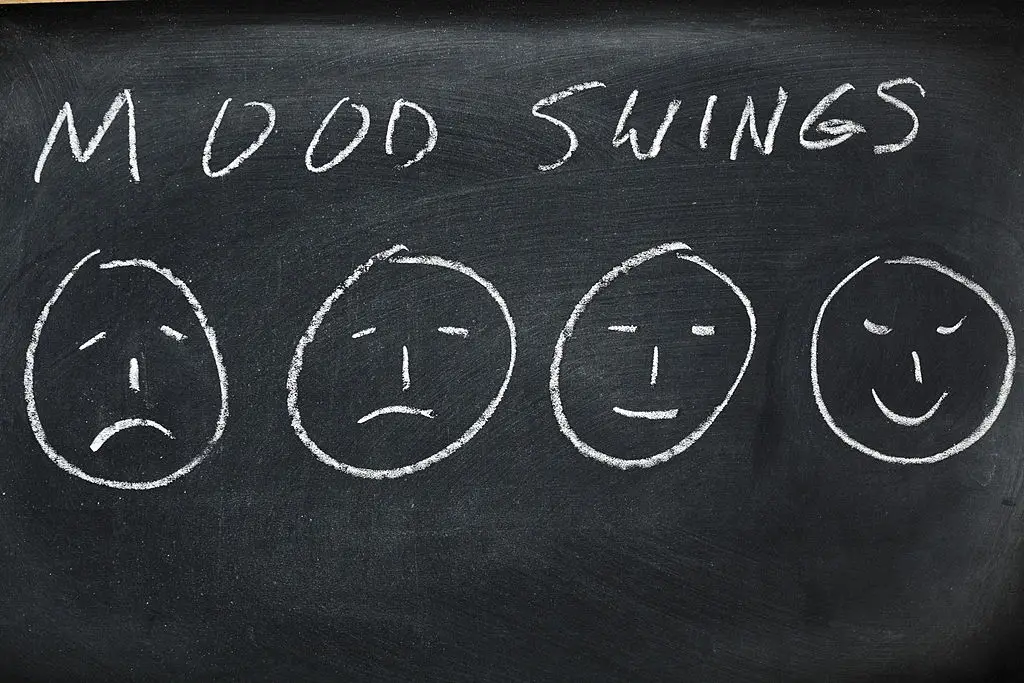
Feeling a bit more impatient or blue than usual? A quiet slide in mood, motivation, or overall “spark” might be your body’s way of asking for more of certain nutrients. B vitamins, magnesium, and vitamin D all play starring roles in mood regulation and emotional balance. Research cited by Prevention.com points to a 75% higher likelihood of depression in those low in vitamin D, and subtle irritability or apathy can show up well before anything looks “clinical.” If you find your motivation drooping or mood swinging for no clear reason, check your diet for B-rich foods (whole grains, leafy greens) and sources of magnesium (nuts, seeds, dark chocolate). A daily dose of sunshine or a conversation with your provider about vitamin D can go a long way to lifting mental clouds—remember, positive change can start with the gentlest step.
4. Mild, Frequent Muscle Cramps or Twitches

A sudden muscle cramp mid-stretch or a mild twitch that won’t fade can seem harmless—and often is. But regular cramps, especially after activity or at night, may reveal your body’s need for more magnesium, potassium, or calcium. According to Dr. Michael Holick, muscle aches often pop up before we even realize our mineral balance is low. While strenuous exercise, hydration, and medications can all influence cramping, think of your plate as part of the equation too. Leafy greens, nuts, and bananas are rich in cramp-preventing minerals. If tightening or twitching muscles keep showing up despite gentle stretching and plenty of water, it may be time to check in about your minerals. There’s no need to muscle through discomfort—small nutritional shifts can make a meaningful difference.
5. Minor Hair Thinning or Shedding

Have you ever noticed just a little more hair on the pillow or in your brush than usual? While everyone sheds a bit daily, changes in hair thickness or a subtle uptick in shedding are sometimes your scalp’s quiet ask for extra iron, zinc, or biotin. Iron deficiency, in particular, is common in women (especially under 50) and in those with restrictive diets. Frequent coloring or heat use, stress, and hormonal changes all play a role—but don’t forget your nutrition. Think protein-rich meals, lentils, pumpkin seeds, and a gentle check-in with your provider if shedding feels persistent. Sometimes, a nourished scalp is the secret to a more confident “good hair day.”
6. Brittle or Peeling Nails
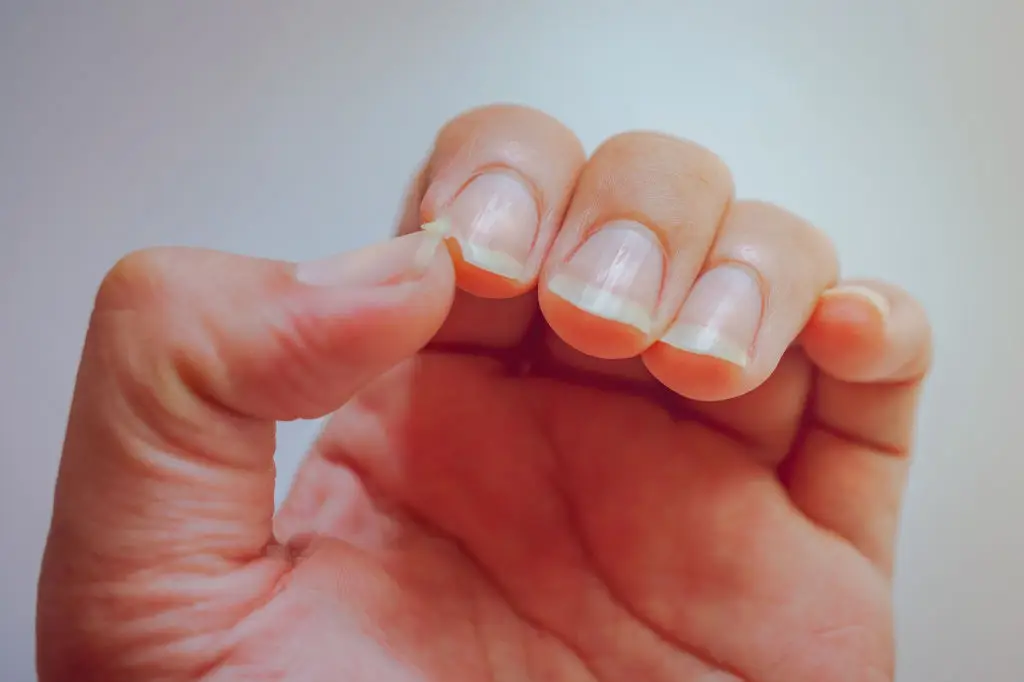
Your nails can reveal more than your manicure preferences—they’re like tiny health barometers. Brittle, splitting, or peeling nails can be some of the first signs that your body craves more biotin, zinc, or iron. While nail polish and handwashing habits play their part, don’t overlook the power of nutrition. Eggs, nuts, seeds, and leafy greens provide these nail-strengthening nutrients. If your nails seem unusually fragile, supplementing your diet and gently moisturizing your hands may be all it takes to tip the balance in your favor. And if changes linger, a routine health check can pinpoint if something deeper is worth a closer look.
7. Dry, Pale, or Easily Flushed Skin
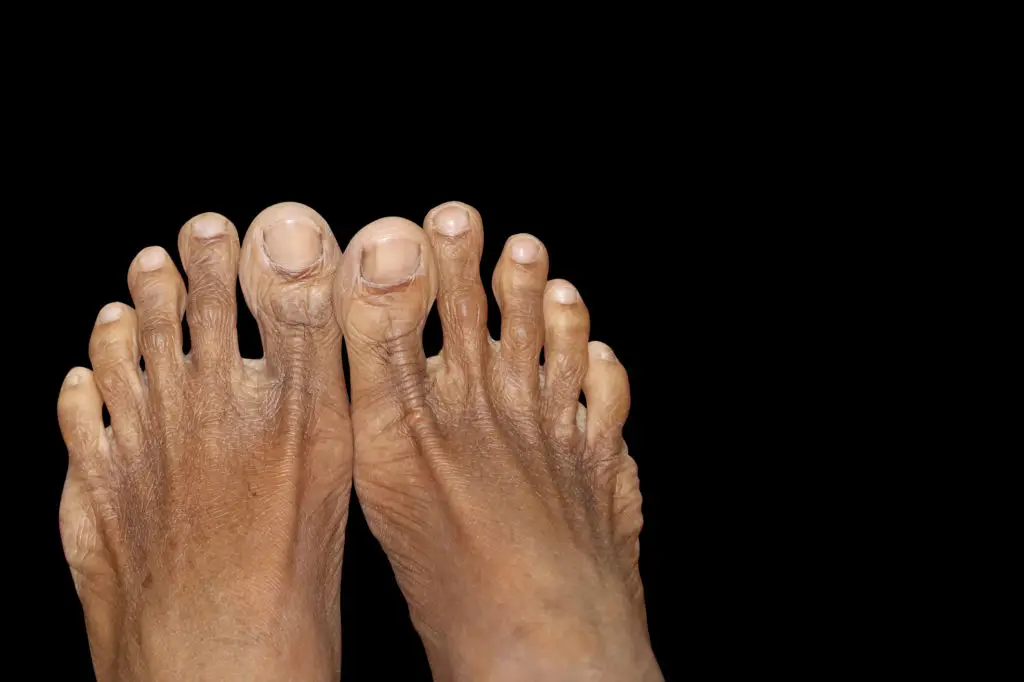
Has your skin lost some of its natural glow or become extra sensitive, dry, or pale? Vitamin C, iron, B12, and niacin are all essential for maintaining bright, vibrant skin. When your body’s missing these nutrients, skin may dry out, appear less rosy, or flush more easily. Weather changes, skincare products, or underlying conditions often get blamed, but a balanced plate packed with colorful fruits, lean proteins, and leafy veggies is a gentle way to support skin wellness from within. If topical fixes aren't enough, consider that gentle inner nourishment might be the missing link to naturally happy skin.
8. Slow Wound Healing or More Bruising

If you’ve been noticing bruises sticking around or tiny cuts taking longer to heal, your body might be asking for a boost in vitamin C, vitamin K, or zinc. These nutrients help maintain skin integrity and support proper repair and clotting. While occasional bumps are normal, if you’re bruising or healing more slowly than usual, it’s worth checking your intake of citrus fruits, peppers, and leafy greens. Dr. Michael Holick reminds us that healing is complex and that subtle gaps in nutrition can tip the scales. Small, regular adjustments to your diet are a gentle, empowering way to support resilience.
9. Recurring Mouth Sores or Cracks
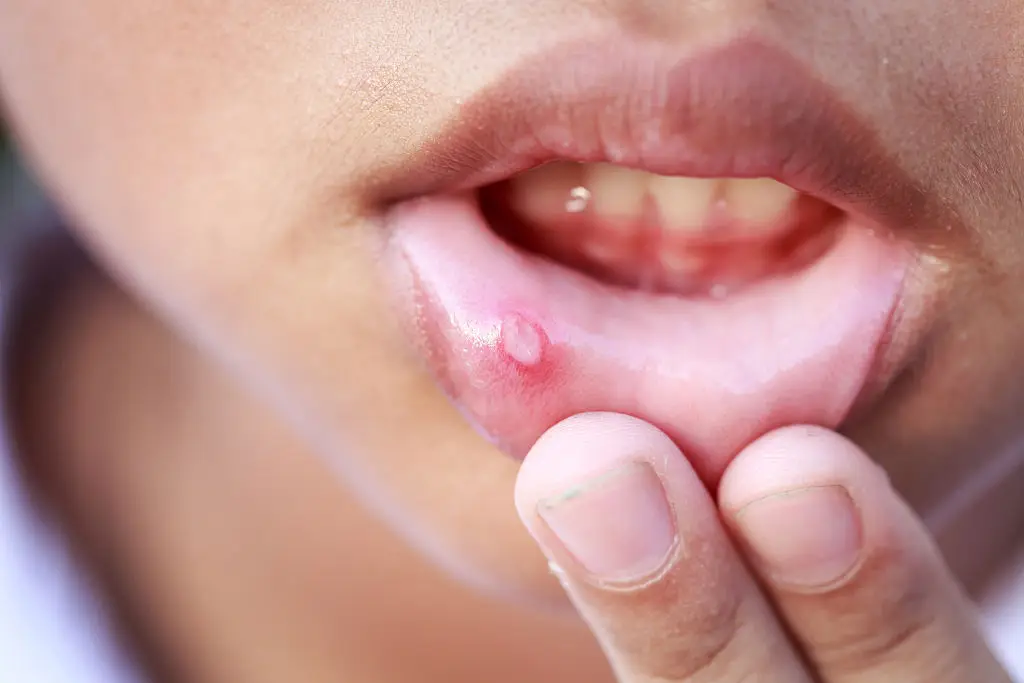
A pesky mouth sore or stubborn crack at the corner of your lips may not just be from spicy foods or a cold wind. Deficiencies in B12, folate, and iron often show up early in the mouth because these nutrients are key for cellular repair and immune support. If mouth sores or dryness keep appearing, try upping your intake of fortified cereals, beans, and lean meats. Of course, oral hygiene and hydration matter too, but when these simple steps aren’t enough, compassionate investigation of your nutrient status can be the game changer.
10. Restless Legs at Night

The urge to move your legs at night, or a crawling discomfort that disturbs your sleep, might have you searching for answers. This subtle, sometimes frustrating feeling is commonly linked to iron and magnesium deficiencies and shows up more often than most people realize—particularly as we get older or during times of stress. Dr. Sethi emphasizes that restlessness isn’t always just about nerves or inactivity; sometimes it’s your body’s gentle nudge for more mineral support. Consider including more leafy greens, beans, and whole grains in your meals, and talk to your provider if the nightly dance continues.
11. Sweaty Forehead for No Clear Reason

An oddly sweaty forehead—even in comfortable temperatures—can be a lesser-known sign of low vitamin D. Dr. Michael Holick notes that this is often one of the earliest clues, yet it’s easy to miss or blame on anxiety or mild exertion. With vitamin D deficiency impacting over a third of adults in the U.S., keeping an eye on unexplained forehead sweat may help you catch a deficiency early. Fortified foods, safe sun exposure, and supplements with your provider’s guidance can make a world of difference, especially if you’re feeling off in other subtle ways as well.
12. Regular Bloating, Gas, or Digestive Upset

While digestive complaints are easy to shrug off as diet or stress, persistent bloating, gas, or other “gut grumbles” can sometimes signal a lack of key nutrients including vitamin D, B12, zinc, and magnesium. Research increasingly supports the connection between digestive disorders—like IBS—and low vitamin D (BMJ Open Gastroenterology). Try incorporating more yogurt, beans, eggs, and dark chocolate for a balanced nutrient boost. If your digestive discomfort persists despite thoughtful changes, a conversation with a trusted provider will help you zero in on causes and next steps, all in the spirit of gentle, informed self-care.
13. Strange Cravings (Like Ice or Dirt)
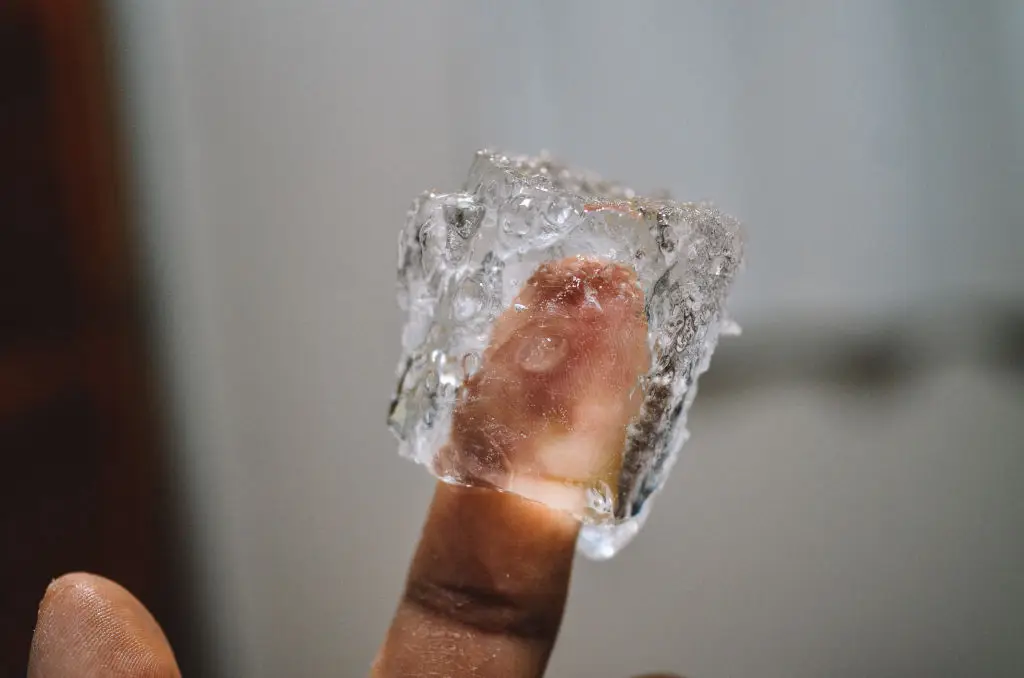
Odd cravings for non-food items like ice, clay, or even dirt—behavior known as ‘pica’—may be your body’s subtle SOS for iron or zinc. While sometimes fleeting and harmless, persistent pica—especially in children or pregnant women—might need attention. Dr. Sethi highlights that these cravings aren’t silly or shameful but simply a unique way your body asks for more support. Adding more protein, beef, shellfish, pumpkin seeds, or iron-rich greens could help, and if cravings persist, a gentle health check is a positive next step.
14. Nighttime Teeth Grinding or Jaw Tension

Do you wake up with a sore jaw or find yourself clenching your teeth during sleep—or even in the middle of the day? Bruxism isn’t just about stress; emerging research points to magnesium or B vitamin gaps as underlying contributors. Teeth grinding can quietly wear on your well-being and dental health. Simple changes—like more spinach, whole grains, and nuts—may help relax muscles and nerves. If jaw discomfort or grinding continues no matter what you try, bringing it up at your next dental or medical visit can open the door to gentle, truly holistic support.
Listen to Your Body’s Whispered Wisdom

If you’ve seen a little of yourself in these subtle signs, remember: There’s no need for worry, only curiosity and kindness toward what your body may be telling you. Our bodies speak in whispers long before they ever shout, inviting us to check in, listen deeply, and nurture ourselves in compassionate, practical ways. Aging and life changes bring new chapters and, sometimes, new needs—none of which are cause for shame or discouragement. Each of these subtle signals is your body’s loving way of asking for support, connection, and a bit more mindful nourishment. Whether you begin with a daily walk in the sun, a handful of nuts, or a heartfelt conversation with a care provider, know you’re moving in a gentle, empowered direction. True vitality isn’t about erasing age or chasing perfection—it’s about celebrating each mindful choice and the wisdom that blooms from loving care over time. Here’s to feeling vibrant, grounded, and wholly yourself—at every stage and in every season.
